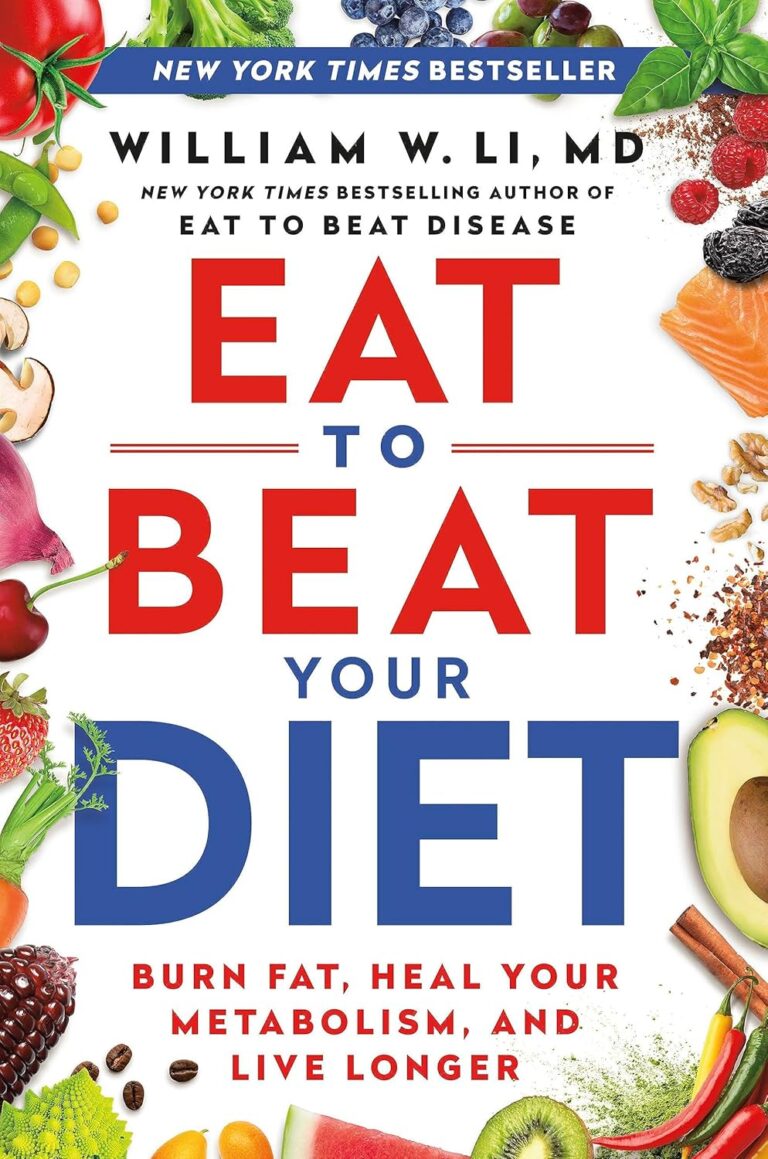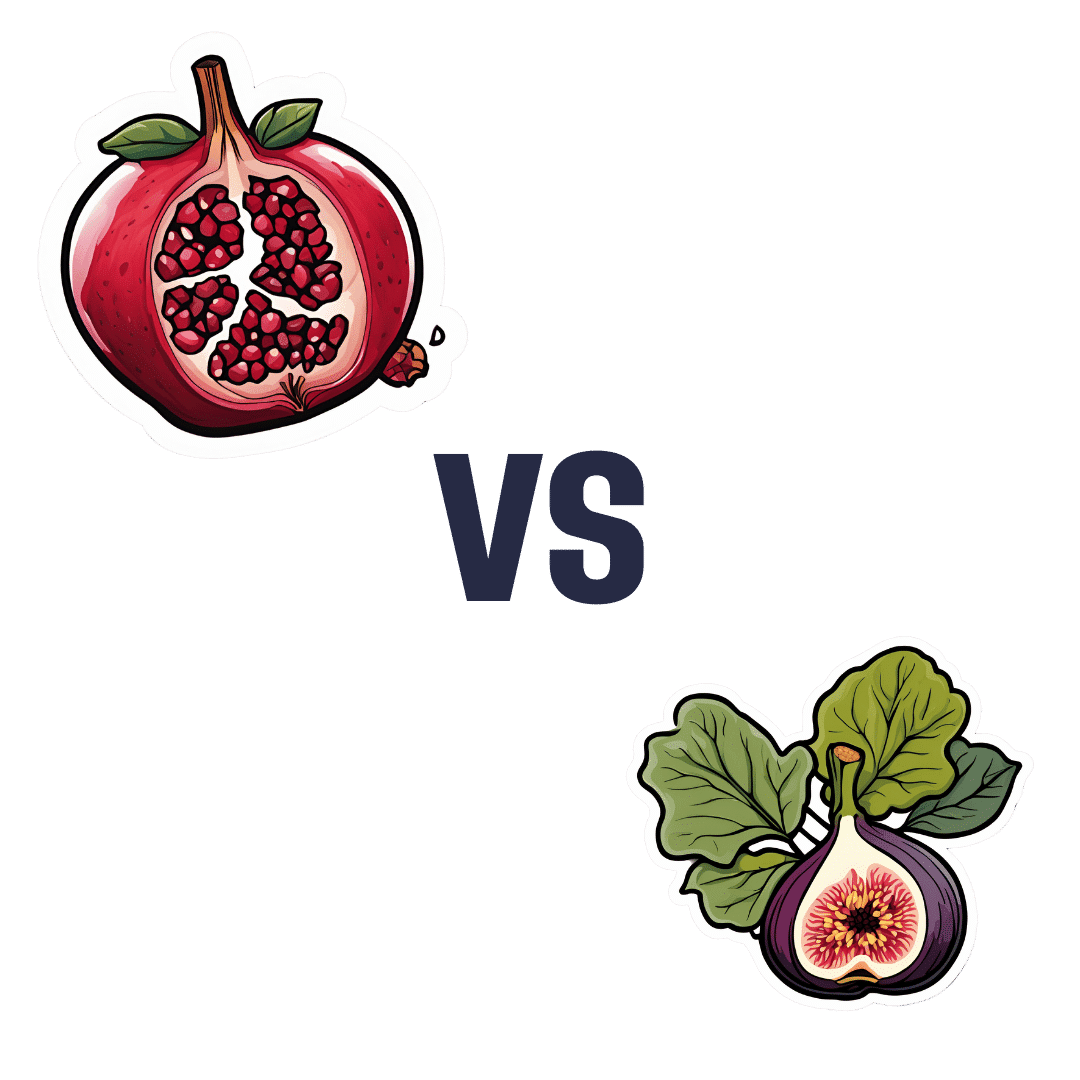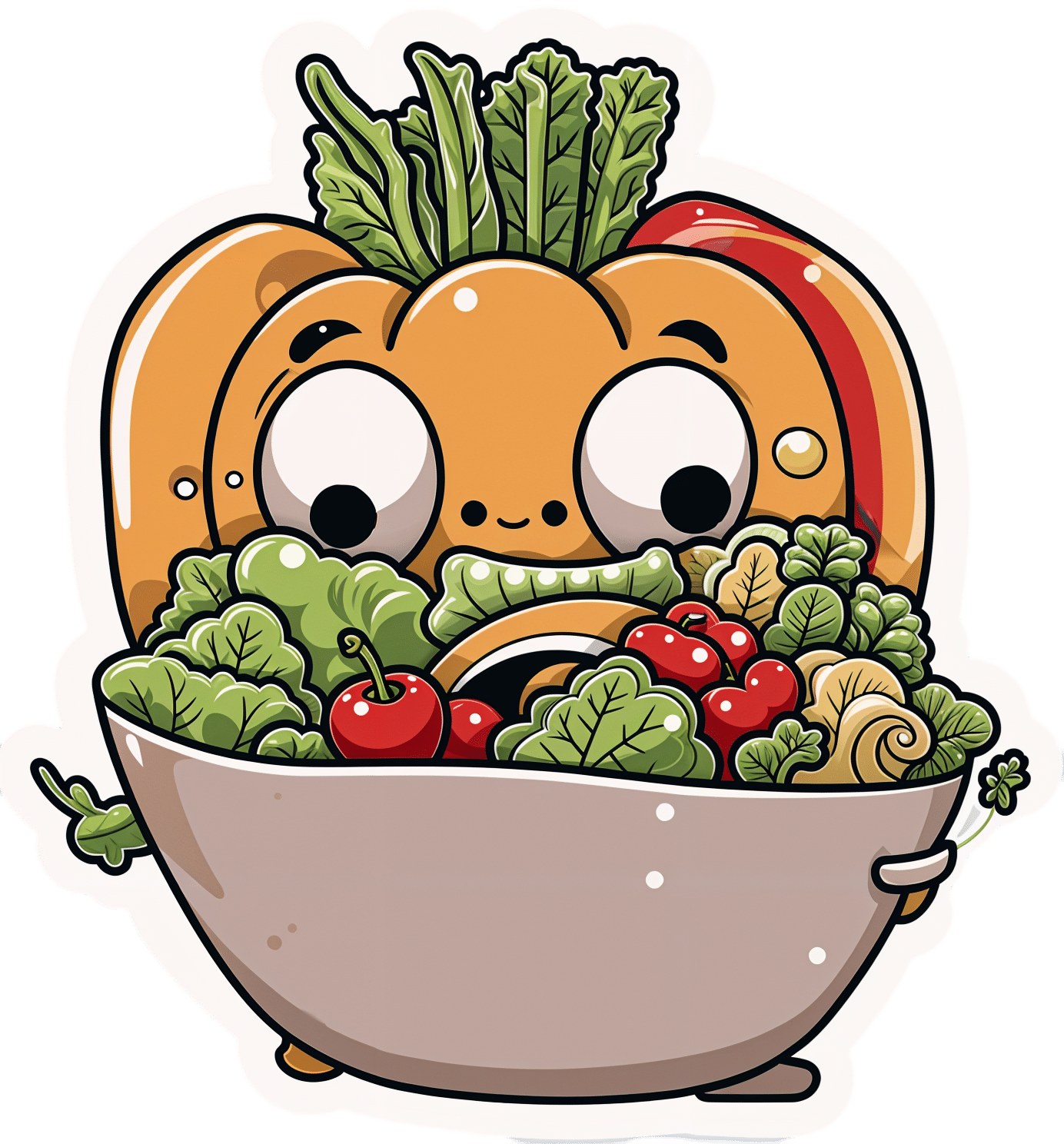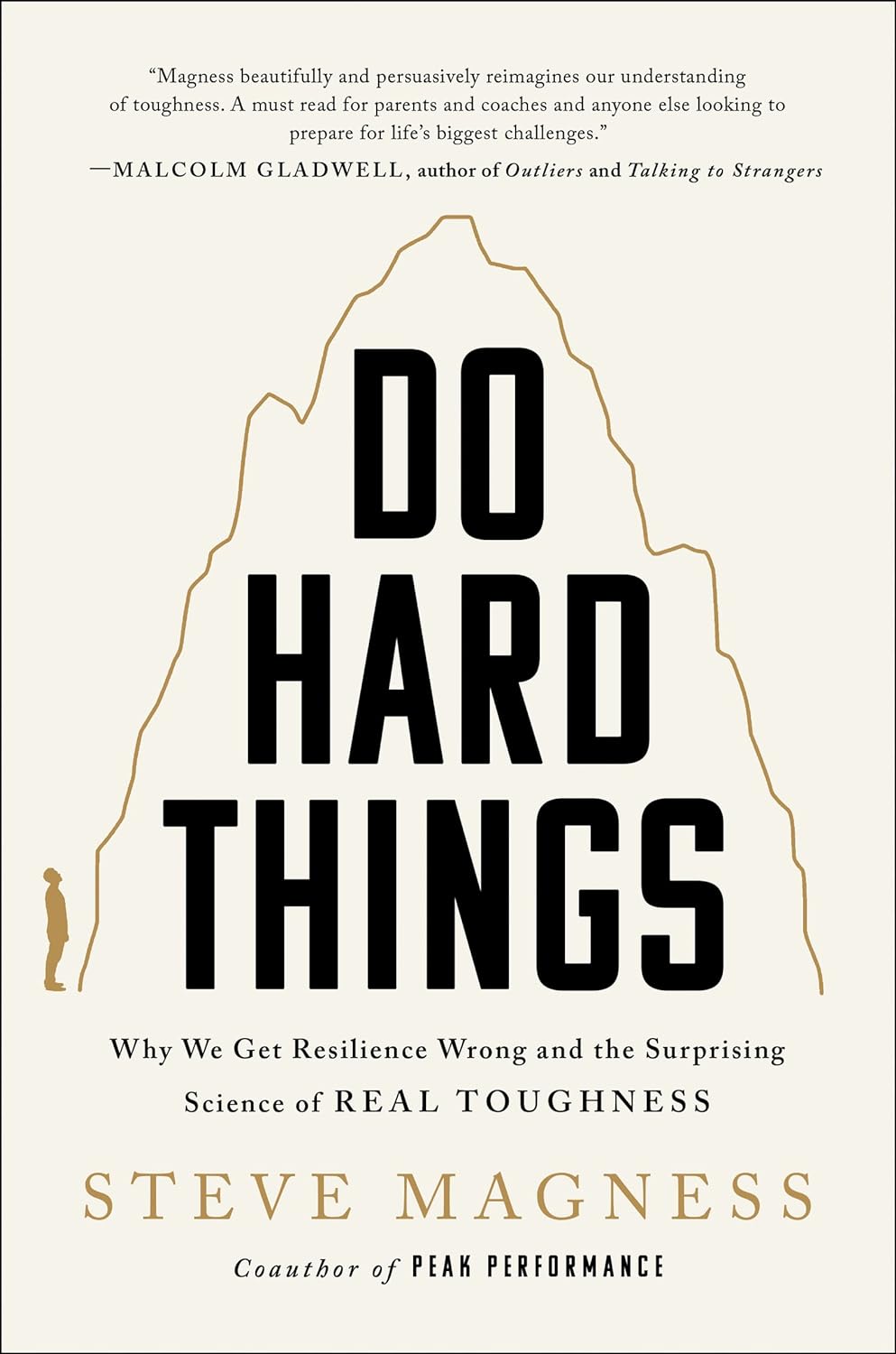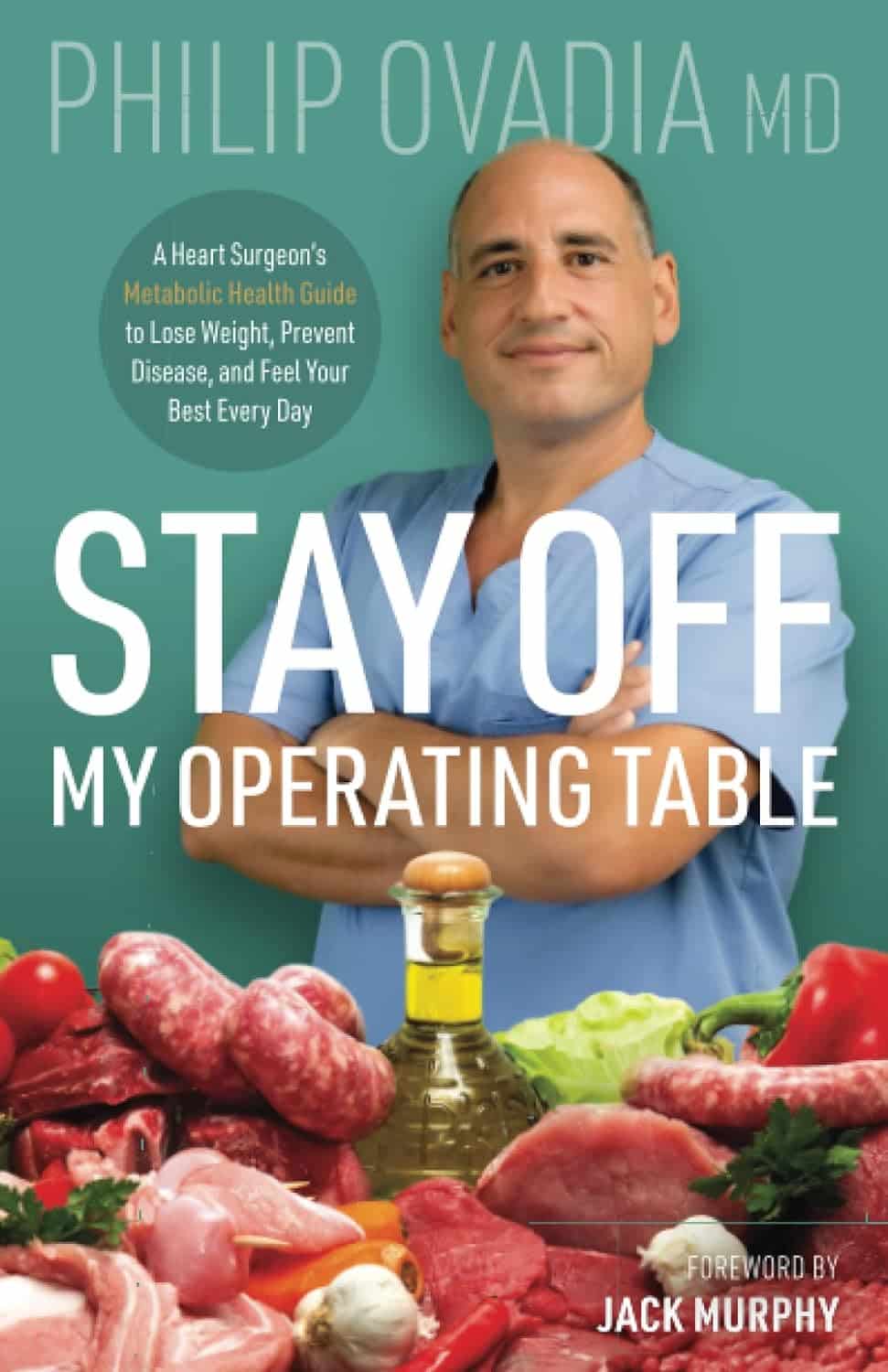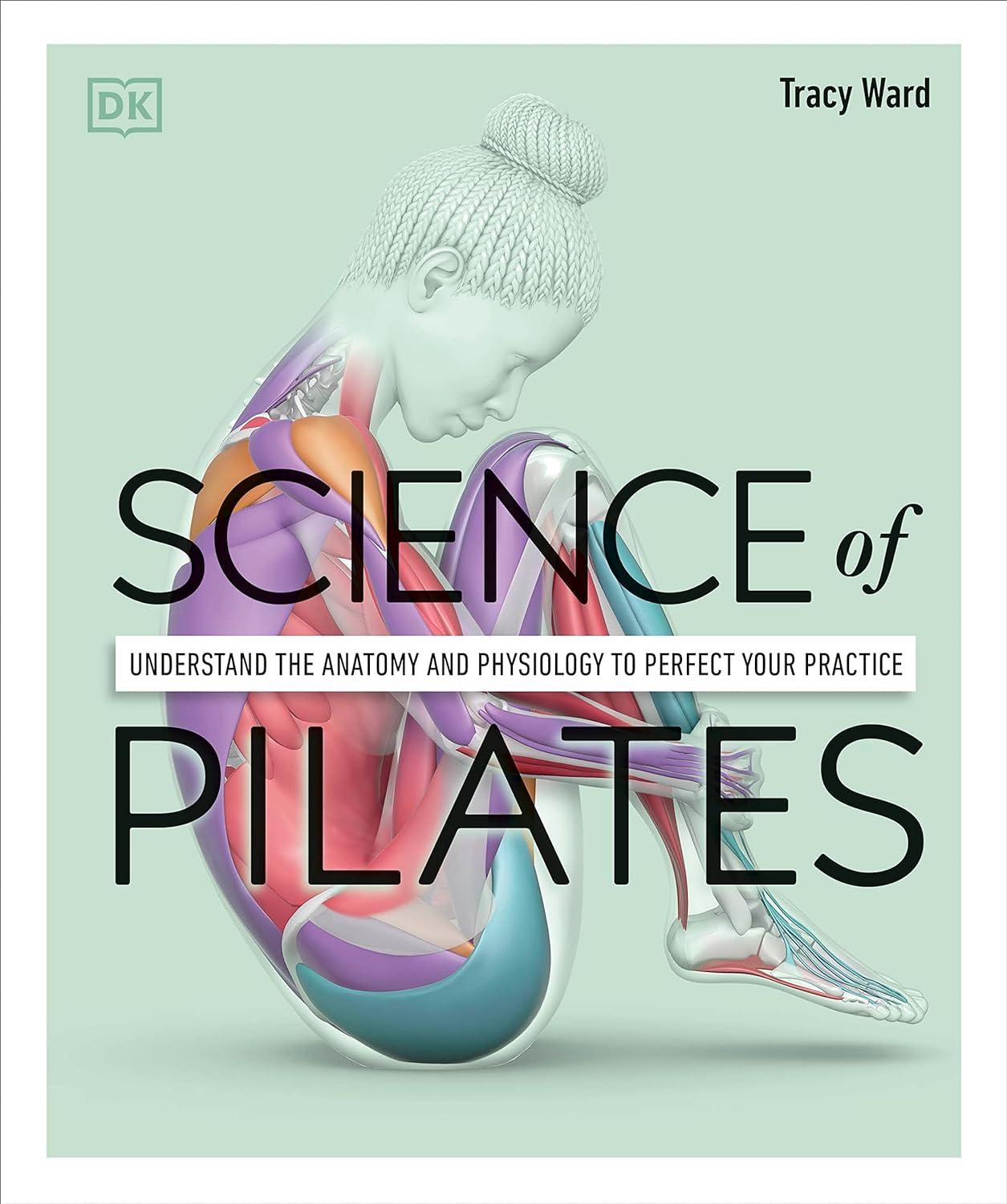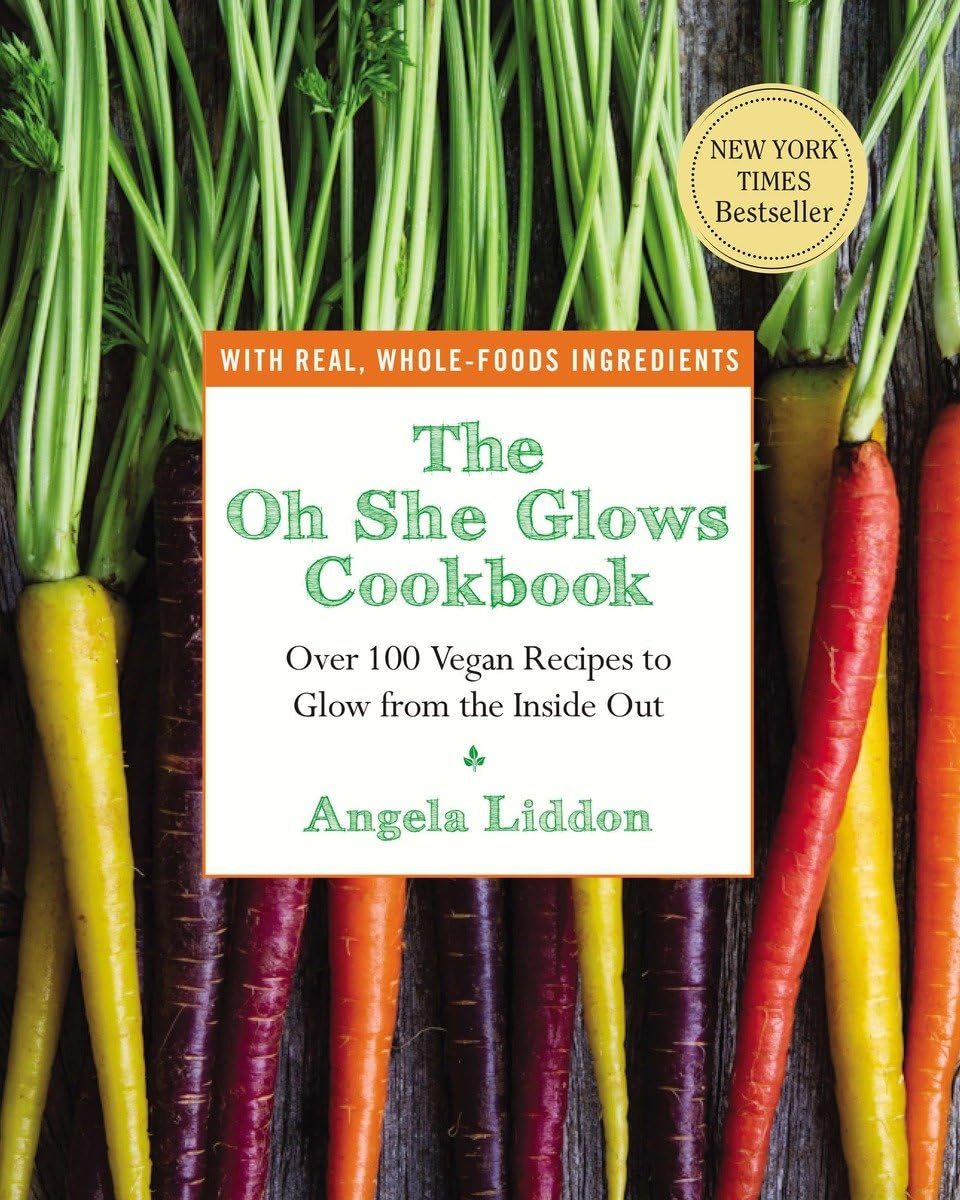
The Oh She Glows Cookbook – by Angela Liddon
10almonds is reader-supported. We may, at no cost to you, receive a portion of sales if you purchase a product through a link in this article.
Let’s get the criticism out of the way first: notwithstanding the subtitle promising over 100 recipes, there are about 80-odd here, if we discount recipes that are no-brainer things like smoothies, sides such as for example “roasted garlic”, or meta-ingredients such as oat flour (instructions: blend the oats and you get oat flour).
The other criticism is more subjective: if you are like this reviewer, you will want to add more seasonings than recommended to most of the recipes. But that’s easy enough to do.
As for the rest: this is a very healthy cookbook, and quite wide-ranging and versatile, with recipes that are homely, with a lot of emphasis on comfort foods (but still, healthy), though certainly some are perfectly worthy of entertaining too.
A nice bonus of this book is that it offers a lot of available substitutions (much like we do at 10almonds), and also ways of turning the recipe into something else entirely with just a small change. This trait more than makes up for the slight swindle in terms of number of recipes, since some of the recipes have bonus recipes snuck in.
Bottom line: if you’d like to broaden your plant-based cooking range, this book is a fine option for expanding your repertoire.
Click here to check out The Oh She Glows Cookbook, and indeed glow!
Don’t Forget…
Did you arrive here from our newsletter? Don’t forget to return to the email to continue learning!
Recommended
Learn to Age Gracefully
Join the 98k+ American women taking control of their health & aging with our 100% free (and fun!) daily emails:
-
Pomegranate vs Figs – Which is Healthier?
10almonds is reader-supported. We may, at no cost to you, receive a portion of sales if you purchase a product through a link in this article.
Our Verdict
When comparing pomegranate to figs, we picked the pomegranate.
Why?
In terms of macros, pomegranate has a lot more protein* and fiber, while the fig has more carbs. Thus, a win for pomegranate.
*Why such protein in a fruit? In both cases, it’s mostly from the seeds, which in both cases, we’re eating. However, pomegranates have a much greater seed-to-mass ratio than figs, and thus, a correspondingly higher amount of protein. Also some fats from the seeds, again more than figs, but the margin of difference is smaller, and not really enough to be of relevance.
In the category of vitamins, pomegranates lead with more of vitamins B1, B5, B9, C, E, K, and choline, while figs have more of vitamins A, B3, and B6. The largest margins of difference are in vitamins B9, E, and K, so all in pomegranate’s favor.
The minerals scene is closer to even; pomegranate has more copper, phosphorus, potassium, selenium, and zinc, while figs have more calcium, iron, magnesium, and manganese. Thus, a 5:4 lead for pomegranate, and the larger margins of difference are again for pomegranate.
In short, enjoy both, but pomegranates are the more nutritionally dense. Also, don’t throw away the peel! Dry it, and turn it into a powdered supplement—see our linked article below, for why:
Want to learn more?
You might like to read:
Pomegranate’s Health Gifts Are Mostly In Its Peel
Take care!
Share This Post
-
Hate salad or veggies? Just keep eating them. Here’s how our tastebuds adapt to what we eat
10almonds is reader-supported. We may, at no cost to you, receive a portion of sales if you purchase a product through a link in this article.
Do you hate salad? It’s OK if you do, there are plenty of foods in the world, and lots of different ways to prepare them.
But given almost all of us don’t eat enough vegetables, even though most of us (81%) know eating more vegetables is a simple way to improve our health, you might want to try.
If this idea makes you miserable, fear not, with time and a little effort you can make friends with salad.
Why don’t I like salads?
It’s an unfortunate quirk of evolution that vegetables are so good for us but they aren’t all immediately tasty to all of us. We have evolved to enjoy the sweet or umami (savoury) taste of higher energy foods, because starvation is a more immediate risk than long-term health.
Vegetables aren’t particularly high energy but they are jam-packed with dietary fibre, vitamins and minerals, and health-promoting compounds called bioactives.
Those bioactives are part of the reason vegetables taste bitter. Plant bioactives, also called phytonutrients, are made by plants to protect themselves against environmental stress and predators. The very things that make plant foods bitter, are the things that make them good for us.
Unfortunately, bitter taste evolved to protect us from poisons, and possibly from over-eating one single plant food. So in a way, plant foods can taste like poison.
For some of us, this bitter sensing is particularly acute, and for others it isn’t so bad. This is partly due to our genes. Humans have at least 25 different receptors that detect bitterness, and we each have our own genetic combinations. So some people really, really taste some bitter compounds while others can barely detect them.
This means we don’t all have the same starting point when it comes to interacting with salads and veggies. So be patient with yourself. But the steps toward learning to like salads and veggies are the same regardless of your starting point.
It takes time
We can train our tastes because our genes and our receptors aren’t the end of the story. Repeat exposures to bitter foods can help us adapt over time. Repeat exposures help our brain learn that bitter vegetables aren’t posions.
And as we change what we eat, the enzymes and other proteins in our saliva change too. This changes how different compounds in food are broken down and detected by our taste buds. How exactly this works isn’t clear, but it’s similar to other behavioural cognitive training.
Add masking ingredients
The good news is we can use lots of great strategies to mask the bitterness of vegetables, and this positively reinforces our taste training.
Salt and fat can reduce the perception of bitterness, so adding seasoning and dressing can help make salads taste better instantly. You are probably thinking, “but don’t we need to reduce our salt and fat intake?” – yes, but you will get more nutritional bang-for-buck by reducing those in discretionary foods like cakes, biscuits, chips and desserts, not by trying to avoid them with your vegetables.
Adding heat with chillies or pepper can also help by acting as a decoy to the bitterness. Adding fruits to salads adds sweetness and juiciness, this can help improve the overall flavour and texture balance, increasing enjoyment.
Pairing foods you are learning to like with foods you already like can also help.
The options for salads are almost endless, if you don’t like the standard garden salad you were raised on, that’s OK, keep experimenting.
Experimenting with texture (for example chopping vegetables smaller or chunkier) can also help in finding your salad loves.
Challenge your biases
Challenging your biases can also help the salad situation. A phenomenon called the “unhealthy-tasty intuition” makes us assume tasty foods aren’t good for us, and that healthy foods will taste bad. Shaking that assumption off can help you enjoy your vegetables more.
When researchers labelled vegetables with taste-focused labels, priming subjects for an enjoyable taste, they were more likely to enjoy them compared to when they were told how healthy they were.
The bottom line
Vegetables are good for us, but we need to be patient and kind with ourselves when we start trying to eat more.
Try working with biology and brain, and not against them.
And hold back from judging yourself or other people if they don’t like the salads you do. We are all on a different point of our taste-training journey.
Emma Beckett, Senior Lecturer (Food Science and Human Nutrition), School of Environmental and Life Sciences, University of Newcastle
This article is republished from The Conversation under a Creative Commons license. Read the original article.
Share This Post
-
Do Hard Things – by Steve Magness
10almonds is reader-supported. We may, at no cost to you, receive a portion of sales if you purchase a product through a link in this article.
It’s easy to say that we must push ourselves if we want to achieve worthwhile things—and it’s also easy to push ourselves into an early grave by overreaching. So, how to do the former, without doing the latter?
That’s what this book’s about. The author, speaking from a background in the science of sports psychology, applies his accumulated knowledge and understanding to the more general problems of life.
Most of us are, after all, not sportspeople or if we are, not serious ones. Those few who are, will get benefit from this book too! But it’s mostly aimed at the rest of us who are trying to work out whether/when we should scale up, scale back, change track, or double down:
- How much can we really achieve in our career?
- How about in retirement?
- Do we ever really get too old for athletic feats, or should we keep pressing on?
Magness brings philosophy and psychological science together, to help us sort our way through.
Nor is this just a pep talk—there’s readily applicable, practical, real-world advice here, things to enable us to do our (real!) best without getting overwhelmed.
The style is pop-science, very easy-reading, and clear and comprehensible throughout—without succumbing to undue padding either.
Bottom line: this is a very pleasant read, that promises to make life more meaningful and manageable at the same time. Highly recommendable!
Click here to check out Do Hard Things, and get the most out of life!
Share This Post
Related Posts
-
Stay off My Operating Table – by Dr. Philip Ovadia
10almonds is reader-supported. We may, at no cost to you, receive a portion of sales if you purchase a product through a link in this article.
With heart disease as the #1 killer worldwide, and 88% of adults being metabolically unhealthy (leading cause of heart disease), this is serious!
Rather than taking a “quick fix” advise-and-go approach, Dr. Ovadia puts the knowledge and tools in our hands to do better in the long term.
As a heart surgeon himself, his motto here is:
❝What foods to put on your table so you don’t end up on mine❞
There’s a lot more to this book than the simple “eat the Mediterranean diet”:
- While the Mediterranean diet is generally considered the top choice for heart health, he also advises on how to eat healthily on all manner of diets… Carnivore, Keto, Paleo, Atkins, Gluten-Free, Vegan, you-name-it.
- A lot of the book is given to clearing up common misconceptions, things that sounded plausible but are just plain dangerous. This information alone is worth the price of the book, we think.
- There’s also a section given over to explaining the markers of metabolic health, so you can monitor yourself effectively
- Rather than one-size-fits-all, he also talks about common health conditions and medications that may change what you need to be doing
- He also offers advice about navigating the health system to get what you need—including dealing with unhelpful doctors!
Bottom line: A very comprehensive (yet readable!) manual of heart health.
Get your copy of Stay Off My Operating Table from Amazon today!
Don’t Forget…
Did you arrive here from our newsletter? Don’t forget to return to the email to continue learning!
Learn to Age Gracefully
Join the 98k+ American women taking control of their health & aging with our 100% free (and fun!) daily emails:
-
Science of Pilates – by Tracy Ward
10almonds is reader-supported. We may, at no cost to you, receive a portion of sales if you purchase a product through a link in this article.
We’ve reviewed other books in this series, “Science of Yoga” and “Science of HIIT” (they’re great too; check them out!). What does this one add to the mix?
Pilates is a top-tier “combination exercise” insofar as it checks a lot of boxes, e.g:
- Strength—especially core strength, but also limbs
- Mobility—range of motion and resultant reduction in injury risk
- Stability—impossible without the above two things, but Pilates trains this too
- Fitness—many dynamic Pilates exercises can be performed as cardio and/or HIIT.
The author, a physiotherapist, explains (as the title promises!) the science of Pilates, with:
- the beautifully clear diagrams we’ve come to expect of this series,
- equally clear explanations, with a great balance of simplicity of terms and depth where necessary, and
- plenty of citations for the claims made, linking to lots of the best up-to-date science.
Bottom line: if you are in a position to make a little time for Pilates (if you don’t already), then there is nobody who would not benefit from reading this book.
Click here to check out Science of Pilates, and keep your body well!
Don’t Forget…
Did you arrive here from our newsletter? Don’t forget to return to the email to continue learning!
Learn to Age Gracefully
Join the 98k+ American women taking control of their health & aging with our 100% free (and fun!) daily emails:
-
Kate Middleton is having ‘preventive chemotherapy’ for cancer. What does this mean?
10almonds is reader-supported. We may, at no cost to you, receive a portion of sales if you purchase a product through a link in this article.
Catherine, Princess of Wales, is undergoing treatment for cancer. In a video thanking followers for their messages of support after her major abdominal surgery, the Princess of Wales explained, “tests after the operation found cancer had been present.”
“My medical team therefore advised that I should undergo a course of preventative chemotherapy and I am now in the early stages of that treatment,” she said in the two-minute video.
No further details have been released about the Princess of Wales’ treatment.
But many have been asking what preventive chemotherapy is and how effective it can be. Here’s what we know about this type of treatment.
It’s not the same as preventing cancer
To prevent cancer developing, lifestyle changes such as diet, exercise and sun protection are recommended.
Tamoxifen, a hormone therapy drug can be used to reduce the risk of cancer for some patients at high risk of breast cancer.
Aspirin can also be used for those at high risk of bowel and other cancers.
How can chemotherapy be used as preventive therapy?
In terms of treating cancer, prevention refers to giving chemotherapy after the cancer has been removed, to prevent the cancer from returning.
If a cancer is localised (limited to a certain part of the body) with no evidence on scans of it spreading to distant sites, local treatments such as surgery or radiotherapy can remove all of the cancer.
If, however, cancer is first detected after it has spread to distant parts of the body at diagnosis, clinicians use treatments such as chemotherapy (anti-cancer drugs), hormones or immunotherapy, which circulate around the body .
The other use for chemotherapy is to add it before or after surgery or radiotherapy, to prevent the primary cancer coming back. The surgery may have cured the cancer. However, in some cases, undetectable microscopic cells may have spread into the bloodstream to distant sites. This will result in the cancer returning, months or years later.
With some cancers, treatment with chemotherapy, given before or after the local surgery or radiotherapy, can kill those cells and prevent the cancer coming back.
If we can’t see these cells, how do we know that giving additional chemotherapy to prevent recurrence is effective? We’ve learnt this from clinical trials. Researchers have compared patients who had surgery only with those whose surgery was followed by additional (or often called adjuvant) chemotherapy. The additional therapy resulted in patients not relapsing and surviving longer.
How effective is preventive therapy?
The effectiveness of preventive therapy depends on the type of cancer and the type of chemotherapy.
Let’s consider the common example of bowel cancer, which is at high risk of returning after surgery because of its size or spread to local lymph glands. The first chemotherapy tested improved survival by 15%. With more intense chemotherapy, the chance of surviving six years is approaching 80%.
Preventive chemotherapy is usually given for three to six months.
How does chemotherapy work?
Many of the chemotherapy drugs stop cancer cells dividing by disrupting the DNA (genetic material) in the centre of the cells. To improve efficacy, drugs which work at different sites in the cell are given in combinations.
Chemotherapy is not selective for cancer cells. It kills any dividing cells.
But cancers consist of a higher proportion of dividing cells than the normal body cells. A greater proportion of the cancer is killed with each course of chemotherapy.
Normal cells can recover between courses, which are usually given three to four weeks apart.
What are the side effects?
The side effects of chemotherapy are usually reversible and are seen in parts of the body where there is normally a high turnover of cells.
The production of blood cells, for example, is temporarily disrupted. When your white blood cell count is low, there is an increased risk of infection.
Cell death in the lining of the gut leads to mouth ulcers, nausea and vomiting and bowel disturbance.
Certain drugs sometimes given during chemotherapy can attack other organs, such as causing numbness in the hands and feet.
There are also generalised symptoms such as fatigue.
Given that preventive chemotherapy given after surgery starts when there is no evidence of any cancer remaining after local surgery, patients can usually resume normal activities within weeks of completing the courses of chemotherapy.
Ian Olver, Adjunct Professsor, School of Psychology, Faculty of Health and Medical Sciences, University of Adelaide
This article is republished from The Conversation under a Creative Commons license. Read the original article.
Don’t Forget…
Did you arrive here from our newsletter? Don’t forget to return to the email to continue learning!
Learn to Age Gracefully
Join the 98k+ American women taking control of their health & aging with our 100% free (and fun!) daily emails:

